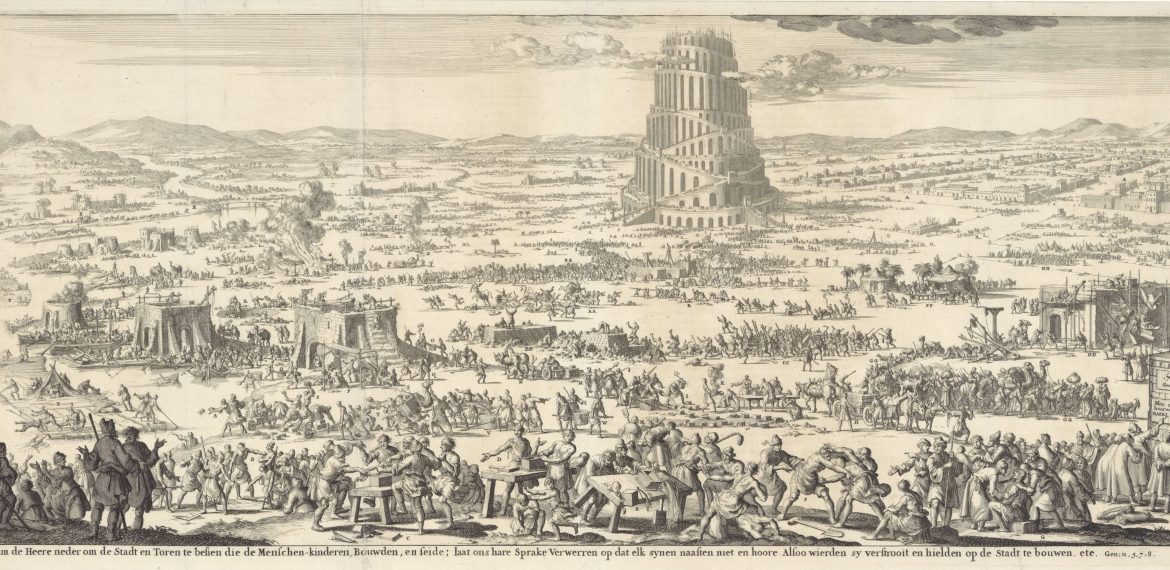Online symposium that discussed the complex dynamics of applying digital approaches in multilingual text analysis
About this event
The use of DH tools and methods have been applied across a variety of corpora but text-analysis of English language sources has dominated this field. These approaches are increasingly being used in languages and linguistics research for non-English corpora. At the same time, the integration of these tools has seen new research questions and possibilities emerge, including questions such as “Is there a non-Anglo digital humanities (DH), and if so, what are its characteristics” (Fiormonte 2016: 438). Recent studies have begun to examine aspects such as OCR for historical text analysis and data mining (Hill & Hengchen 2019; Goodman et al. 2018), multilingual computation analysis (Dombrowski 2020), semantic and sentiment analysis (Daems et al. 2019) and historical linguistics (Evans 2016), among others. The papers in this conference present a diverse range of projects and critiques of digital methods across different languages.
Recordings of the talks are now available on the CDHR Youtube Channel.
January 27th 2pm – 7:30pm AEDT
Conveners
Joshua Brown Senior Lecturer and Convenor, Italian Studies, Australian National University and Katrina Grant Senior Lecturer, Centre for Digital Humanities Research, Australian National University
For more information contact: joshua.brown@anu.edu.au or katrina.grant@anu.edu.au
Program
All times below are AEDT.
Full abstracts can be downloaded here (pdf)
Session 1 | 1:45pm AEDT – 3:15pm AEDT
Keynote – Quinn Dombrowski (Stanford) | Non-English DH Is Not a Thing
Charbel El-Khaissi (Australian National University) | Syriac in the Digital Humanities: Successes and Challenges
Simon Musgrave (University of Queensland) and Peter Sefton (University of Queensland) | Infrastructure for Multilingual Text Analysis
Session 2 | 3:30pm-4:30pm
Samantha Disbray, Ben Foley (The University of Queensland), Shruti Rijhwani (Carnegie Mellon University), Meladel Mistica (The University of Melbourne) | Reading it Right: A Case Study in Pintupi-Luritja
Eunjeong Park (Sunchon National University) | The Affordances and Challenges of Using Learner Corpora to Multilingual Learners’ Writing Instruction
Hua Tan (Central China Normal University) | Authorship attribution of Chinese Martial Art Fictions by Gu Long with Stylometry
Session 3 | 5:30pm-6:30pm
Jonas Müller-Laackman (Freie Universität Berlin) | Arabic vernacular poetry – challenges in working with Arabic script, speech and (re)presentation
Tamara Vorobyeva (University Pompeu Fabra), Diana Fabiola Zavala Rojas (University Pompeu Fabra), Danielly Sorato (University Pompeu Fabra), Lidun Hareide (Møreforsking AS), Knut Hofland (University of Bergen) | Multilingual Corpus of Survey Questionnaires
Yu Yan (Hubei University of Technology) | A Corpus-based Study of China’s National Image in the English Translations of Government Report
Session 4 | 6:45pm-7:30pm
Joshua Brown (Australian National University) | Digital approaches to multilingual text analysis: the Dictionnaire as a code-intermediate space
Katrina Grant (Australian National University) | Final remarks and lead into discussion
Questions and final discussion
Image: Babylonische spraakverwarring, Rijksmuseum, http://hdl.handle.net/10934/RM0001.COLLECT.336773


[…] In summary, the symposium demonstrated that a ‘non-Anglo DH’ is very much alive and thriving (cf. Fiormonte, 2016: 438). Dr Katrina’s final remarks of the symposium drew attention to the ways in which diverse research based in different disciplines, faces similar challenges. The papers attracted insightful discussions among the global audience members regarding the many challenges of working on multilingual digital projects. For details of the papers see the abstracts and full program here. The seminar recording is now available for you to view online here. […]